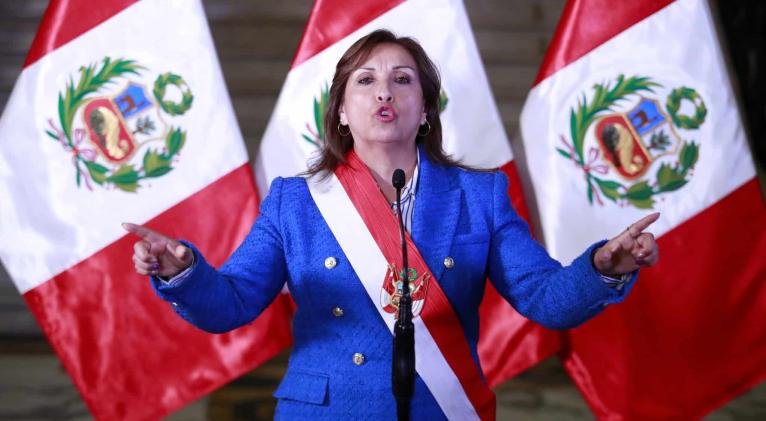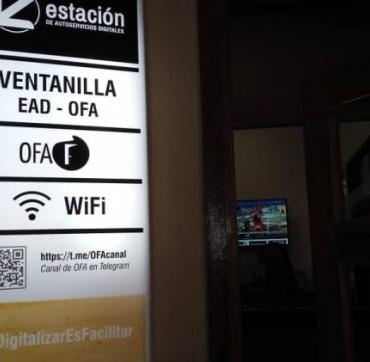Corruption is the Word
especiales

A year ago Peru made the headlines front pages because the then president Pedro Castillo was an uncomfortable person who didn’t represent a sector of his fellow countrymen. In fact, he didn't even look like what we were used to seeing running that country, not so much because of his white chotano hat, typical of peasants, but because of his humble origins, and for facing Congress, without support, which ended up with the announcement of the suspension of Parliament, and this, in turn, saw the precise opportunity to remove him from his occupations.
This is how he ended his government, after only 495 days, without having found how to guide that nation, despised by the elites, alone and without support from the Armed Forces. In his place, Dina Boluarte, who was his vice president, suddenly took over.
These events angered Castillo's followers, and popular discontentment didn’t cease because they were a fed up people. Starting in December 2023, Peru experienced intense days—with peaks of tension—in all scenarios, in the streets, in the media, in institutions; outcome from the disappointment, the unsatisfied ancient demands, monopolizing the intentions of protesters who only want a prosperous country free of that political and economic putrefaction that has been deep-seated for years.
Corruption in high places seems to be the cause of so much chaos that undoubtedly affects governability. Let’s remember that since 2016 no Peruvian president has managed to finish his term, and in six years they’ve had six leaders, four of which have assumed office by constitutional succession, not by elections. This is no coincidence that it happens while the Legislative Branch is benevolent, and complaints are raining down in every direction, a certain Fujimori parallelism, rejection, repression, and discrimination is uncovered.
In fact, according to Statista, national public opinion considers corruption to be the first problem affecting Peruvian society, followed by crime and the economic crisis. These are three of the aspects that cause the most insecurity, and that, according to what I read, feels widespread, therefore generating distrust in politicians, because, obviously, they fail to straighten up the situation.
The truth is that not a single ruler has managed to take advantage of citizen discontent, the mistakes of the past, and they have lost the chance to correct their predecessors and grow to offer a different future.
The double standard is what prevails. Boluarte does not define herself, she began with a tendency to the left and then embraced her former adversaries of the right. With a scenario like this there’s no way to trust politicians, and if on top of that there’s no prosperity for the less fortunate, and more wealth for the well-positioned... The same old movie everywhere.
Corruption only makes Peru a classist land devastated by bloody reality, with leaders who don’t want to act, who manage public discussion from selfishness and incapability, and do nothing but despise and offer empty speeches, all to hold on tight as long as possible their positions of advantage.
Translated by Amilkal Labañino / CubaSí Translation Staff














Add new comment